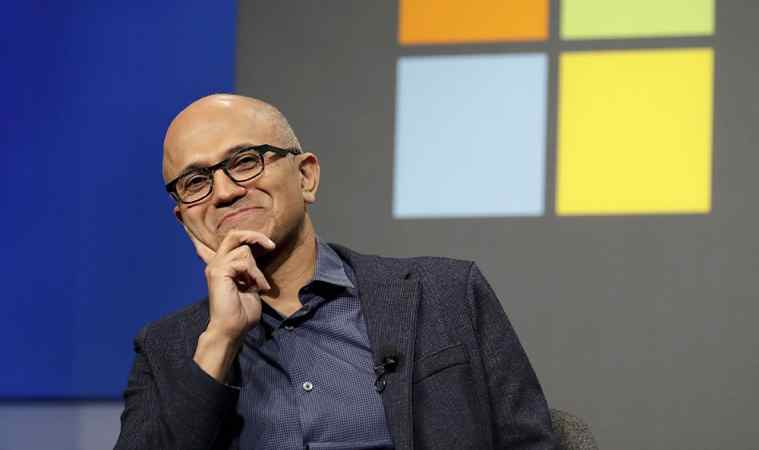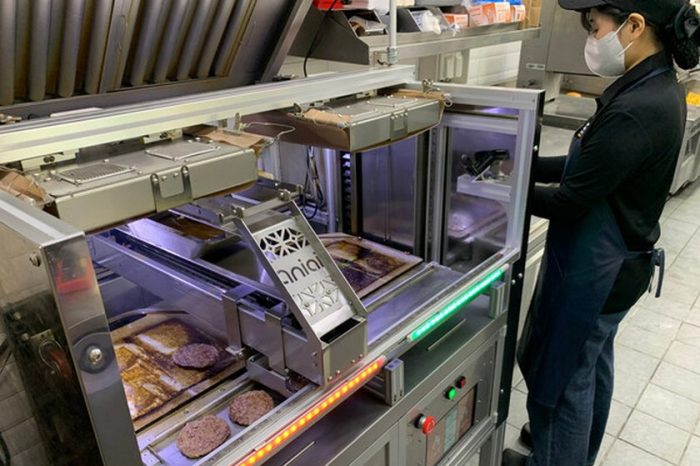Microsoft hits $3 trillion market valuation for the first time ever

Microsoft on Wednesday made history surpassing the $3 trillion in market valuation for the first time, solidifying its position as the second most valuable company globally, just trailing behind Apple, the maker of iPhones.
The news comes a year after Apple made history to become the first U.S. company to reach a market valuation of $3 trillion. Since then, Apple’s market value has continued to soar, marking significant milestones along the way.
The Redmond tech giant’s stock experienced a 1.5% increase, reaching a record high of over $404 per share on that day. The shares have shown strong performance, with a growth of more than 7% this year and an impressive 66% over the past 12 months.
Earlier this month, Microsoft briefly overtook Apple as the world’s most valuable company, a feat that had previously been achieved by Apple in June of the previous year when it reached the $3 trillion mark.
Analysts from Morgan Stanley recently raised their price target for Microsoft, pointing to the company’s generative AI portfolio as a contributing factor. Microsoft is set to report its latest fiscal quarterly earnings in the coming week.
In a move highlighting its commitment to AI advancements, Microsoft introduced a new subscription service called Copilot Pro, priced at $20 per month. This service provides individual users with priority access to the latest AI models, starting with OpenAI’s GPT-4 Turbo. Additionally, it offers AI integrations in Microsoft’s productivity suite, which was previously reserved for business users.
In June 2023, Microsoft was valued at $2.6 trillion as its early bets on generative AI paid off. In 2019, the tech giant invested a massive $1 billion in OpenAI, a relatively unknown AI startup co-founded by Elon Musk and Sam Altman. What’s interesting about the investment was that, at the time, the popular ChatGPT we use today had not even been built.
Since then, Microsoft has established itself as a frontrunner in the software industry’s adoption of AI technology, primarily due to its significant investment in OpenAI, a San Francisco-based startup that is the proud owner of the widely popular chatbot known as ChatGPT.

